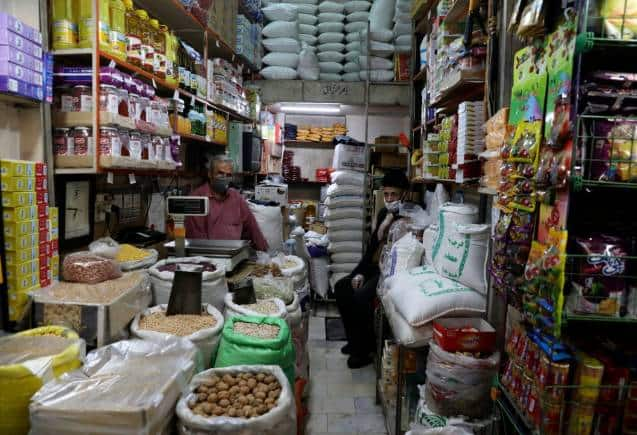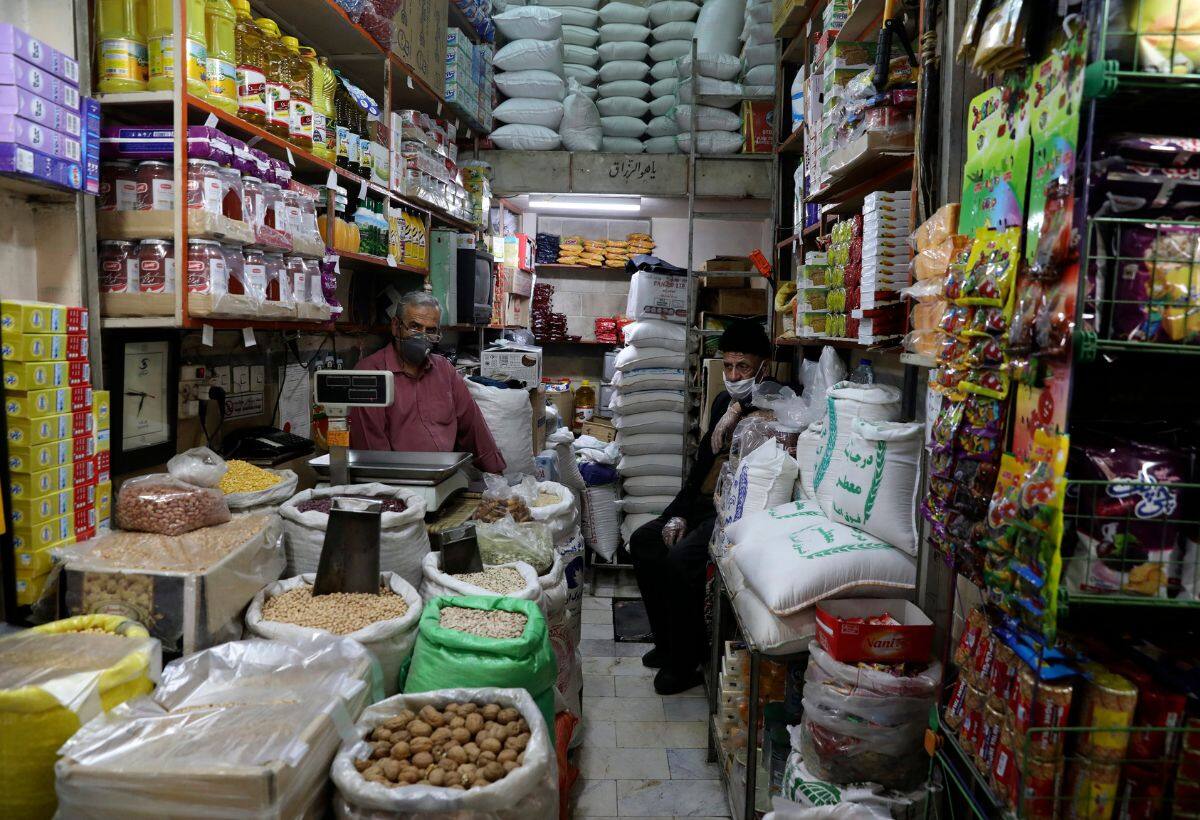After imposing a ban on rice exports, the government is now considering measures to control the rising prices of pulses and wheat. An official related to the matter has provided this information. They said, “The prices have become strong, so it is crucial to focus on policy measures. Some options on the table include changes in imports and customs duties, export-related steps for certain categories of these commodities, and taking other steps to stabilize the demand-supply situation.”
There are already some measures in place to control prices. Last year, the government had not lifted the ban on wheat exports since May, and for pulses, a 10% customs duty on tur and urad has been maintained until the end of the fiscal year 2023-24.
As per a notification from the Directorate General of Foreign Trade (DGFT), the government has imposed a ban on the export of non-basmati white rice on July 20 to curb the increase in domestic prices. Rice has witnessed an annual increase of 12.97%.
However, whether or not intervention is required and what kind of policy measures to adopt to tackle the increase in wheat and pulses’ prices will depend on the deliberations of an internal committee within the ministry.
Even after the government’s intervention, the prices of major pulses like arhar, urad, and moong continue to rise, with the removal of the 40% Purchase Support Scheme (PSS) limit for some pulses for the year 2023-24. The retail prices of wheat have also increased by 5.79% annually as of July 16, reaching Rs. 29.41 per kilogram from Rs. 27.80 a year ago.
The Chairman of the Food Corporation of India (FCI), Ashok Meena, had previously stated that if the need arises, the government could consider reducing the import duty on wheat to cope with the rising retail prices. Currently, there is a 40% import duty on wheat.
Over the past few months, there has been a continuous increase in the prices of wheat, rice, milk, vegetables, and pulses, contributing to food inflation. In June, food inflation increased to 4.49% from 2.96% in May, leading to an overall retail inflation of 4.81% from 4.31% the previous month.
According to D.K. Joshi, Chief Economist at Crisil, the prices of grains and pulses are expected to continue rising in the coming months. He mentioned in a Moneycontrol panel on July 18, “However, vegetable prices may fluctuate with the weather. We may have to bear the increasing prices of grains and pulses for the next few months.”








